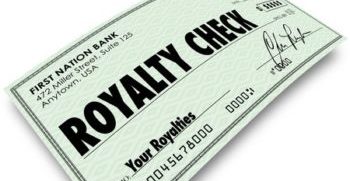Daily Journal column published August 2, 2021: Columns (log-in required)
On August 2, 2021, the Daily Journal published an article by Jamil Aslam in its “Columns” section. The article discusses a recent California appellate court decision regarding royalties due under songwriting agreements. See Gilkyson v. Disney Enterprises, Inc., No. B300971, 2021 WL 3075699 (Cal. Ct. App. July 21, 2021). The article further provides practice tips based upon the decision.
In Gilkyson, a songwriter wrote songs for Disney’s 1967 film “The Jungle Book,” and entered into agreements that entitled the songwriter to a portion of the money “received by” Disney’s wholly-owned music publisher for use of the songs.
Beginning in 1991, Disney released “The Jungle Book” on home video, but did not pay the songwriter, or his heirs, royalties for the home video releases. The songwriter’s heirs sued for breach of contract and declaratory relief.
Disney and its publisher argued that, because Disney had not made an internal payment to its publisher for Disney’s use of the songwriter’s songs in the home video releases, the songwriter was not entitled to royalties under the agreements, as the publisher had not “received” money in relation to the home video releases. On July 21, 2021, the Second District Court of Appeal issued a decision that agreed with Disney and its publisher, thereby reversing a trial court’s judgment in favor of the songwriter’s heirs.
Gilkyson teaches that contract language should be both specific enough to eliminate ambiguities and flexible enough to allow for technological and other advances. First, by scrutinizing proposed contract language and considering all possible disputes that might arise thereunder, contracting parties may be able to eliminate ambiguities and avoid litigation. Second, by including broad language that contemplates the potential for new home video formats and other advances, contracting parties might avoid the type of dispute that arose in Gilkyson.

